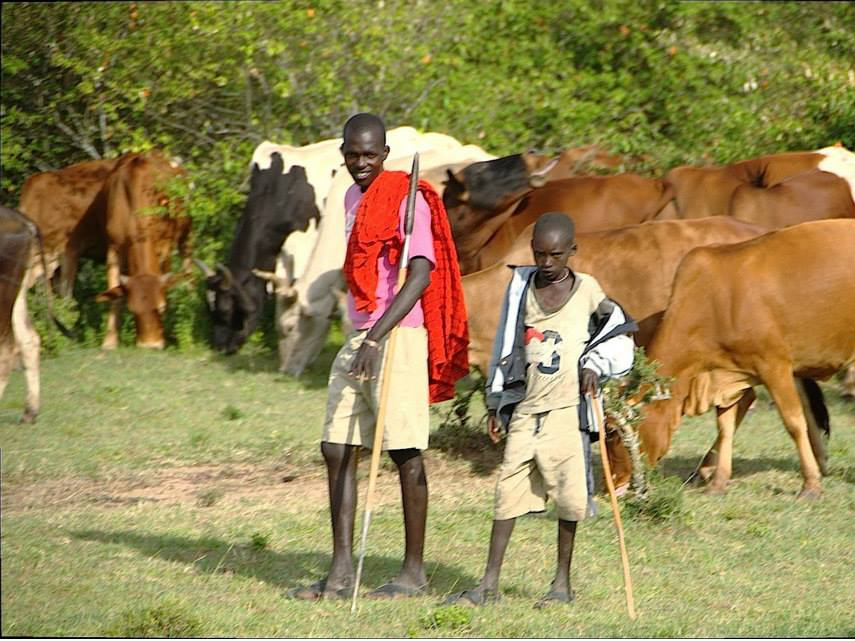- Project Loon is close to finalising a deal that would bring its balloons to Kenya.
- Project Loon started as a Google project to deliver internet access to rural and underserved areas from airborne balloons.
- Nowadays, Project Loon is being developed by X, formerly Google X — a skunkworks R&D group run by Alphabet, Google’s corporate parent.
Kenya is turning to Alphabet’s Project Loon to help bring the Internet to some of the East Africa nation’s rural communities, according to a report on Wednesday by Reuters.
Project Loon — which began as a Google project in 2013 — launches balloons into the stratosphere that are designed to act like floating cellphone towers. They operate high enough so that they don’t interfere with power lines, planes or wildlife, which of course is abundant in Kenya.
Joe Mucheru, Kenya’s Information, Communication and Technology minister, told Reuters that Loon’s representatives were “holding talks” with local telecom operators on the deployment of Loon’s balloons.
“The Loon team are still working out contracts,” Mucheru told the news service. “Hopefully, once that is done, we can be able to see almost every part of the country covered.”
Alphabet representatives did not immediately respond to a request for comment from Business Insider. Project Loon is being developed by X, formerly Google X — a skunkworks research group under the Alphabet corporate umbrella. Other Alphabet companies include Google, Waymo, and Verily.
Kenya, home of some of the world’s most visited game reserves, such as Maasai Mara and Amboseli National Park, possesses the 8th largest economy in Africa, according to estimates by the International Monetary Fund. The largest cities, Nairobi and Mombasa are well connected to the web but many rural communities remain without access.
Project Loon’s technology was credited last year with helping to bring internet connectivity to a 250,000 people in Puerto Rico who lost access following Hurricane Maria.
“Connectivity is critical,” Mucheru told Reuters. “If you are not online, you are left out.”
Receive a single email every morning with all our latest news: Sign up here.
Also from Business Insider South Africa:
- The President may get a say in corporate mergers that affect national security
- Bruce Whitfield: South Africa’s most punctual airline is pretty much what I guessed
- South Africa will be contributing equipment to the largest science experiment on Earth. This is what they hope to find.
- The new Pick n Pay ‘plastic’ bag can be used as compost in your garden – this is what it looks like
- Why Tour de France champion Chris Froome chooses Johannesburg as a training venue





















